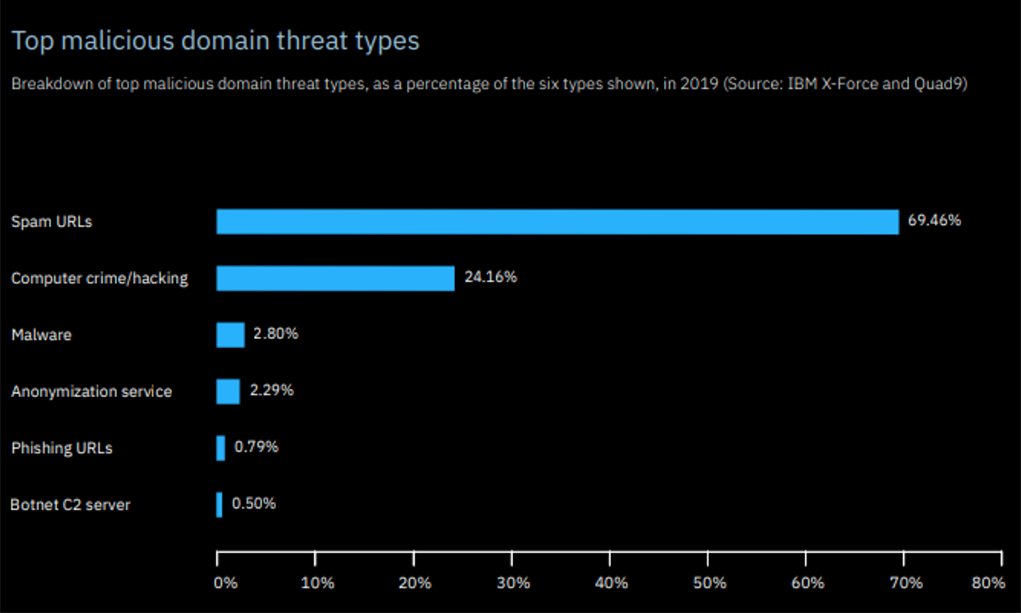Companies in China Under Attack from Hackers
Companies in China Under Attack from Hackers
 The 2019 Data Breach Investigations Report reveals losses caused by internet hacking reached US$17,700 every minute, including direct loss, system restoring cost, and indirect loss.
The 2019 Data Breach Investigations Report reveals losses caused by internet hacking reached US$17,700 every minute, including direct loss, system restoring cost, and indirect loss.
The critical newspaper Economic Information from Xinhua news agency in China pointed out that information breaches caused thousands of million yuan losses to Chinese enterprises and companies, and it is continuing to increase.
Some companies in the imaging supplies industry have also experienced hacker attacks and suffered financial losses.
According to IBM Security, the retail industry has jumped into second place in the ranking of industries that have been attacked the most. Due to the high dependence on mailbox technologies, foreign trade companies are undoubtedly the most vulnerable to cyber-attacks.

Warnings have gone out from authorities stating more than 50% of enterprises and companies can expect to suffer from mailbox attack in China. Hackers implant an unknown program through a phishing link that the user accidentally clicks, and a monitoring program is secretly installed to monitor the emails and customer information in the supplier’s mailbox with the customer details and mailbox passwords stolen. The hacker then uses the supplier’s mailbox and name to send maliciously tampered payee information and collection account information to the customer. Customer’s payments then end up in the hacker’s account as a result.
Recently, RT Media reported such an incident with China-based i•AICON. The company bosses told RT Media’s David Gibbons their customers’ emails were hacked in an attempt to fraudulently steal their payments for their imaging supplies purchases. i•AICON responded immediately to protect its customers.
How to avoid being cheated
- Buyers should know suppliers will not change their bank account without a good reason.
- Should you get a notice on your supplier’s bank account change, double-check with your suppliers through a video call and ask them to provide an official notice with the company seal (common Chinese practice is to have a seal to avoid fraud.
- Buyers should be cautious when receiving suspicious information, especially when it relates to money and payments. Buyers can confirm with suppliers through alternative, secure communication channels.
- Basic mailbox security training. Do not open links or attachments from unknown senders. Do not reply to emails that request password change as well as personal information, no matter how formal the information sources may appear.
Related:
Comment:
Have you been a victim of cybercrime? Does this story, “Companies in China Under Attack from Hackers” cause you to react in some way? Add your comments below.






Leave a Comment
Want to join the discussion?Feel free to contribute!